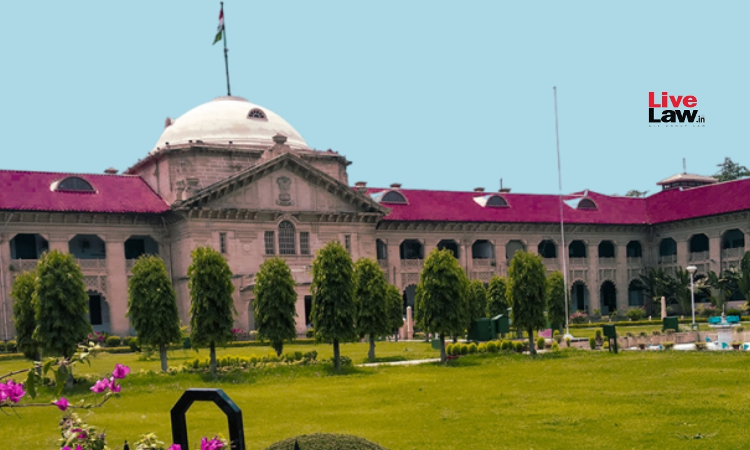Doctrine Of Finality Of Adjudication Of A Case Overpowers Accuracy/ Correctness Of A Judgment: Allahabad High Court
Upasna Agrawal
6 Dec 2023 10:08 AM IST

Next Story
6 Dec 2023 10:08 AM IST
While refusing to quash an 11-year-old judgement in review, the Allahabad High Court held that a judgment which has attained finality cannot be treated lightly by the Courts. The Court observed that the doctrine of finality of adjudication of a case often overpowers the accuracy or correctness of a judgment.The bench comprising of Justice Saumitra Dayal Singh and Justice Shiv Shanker...
